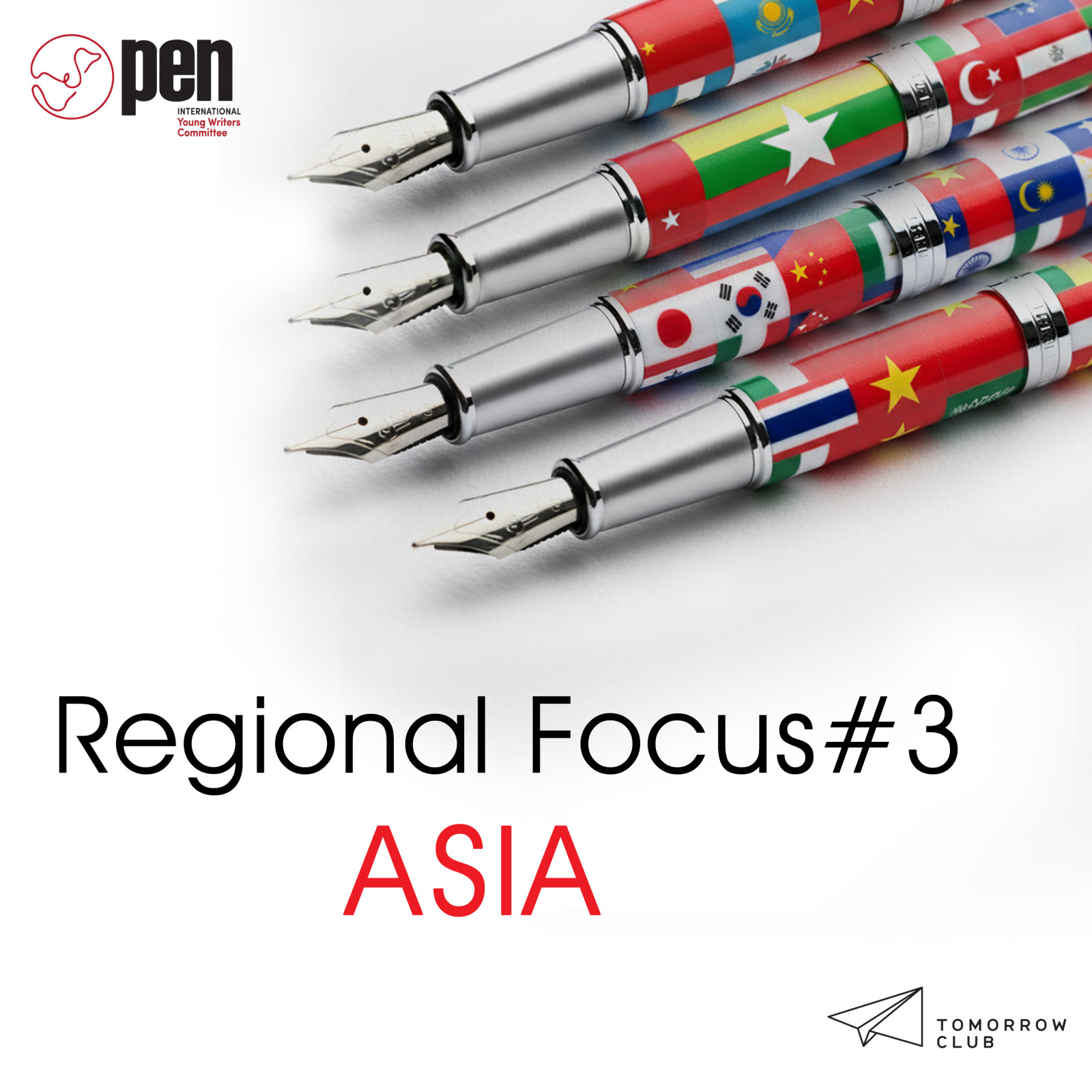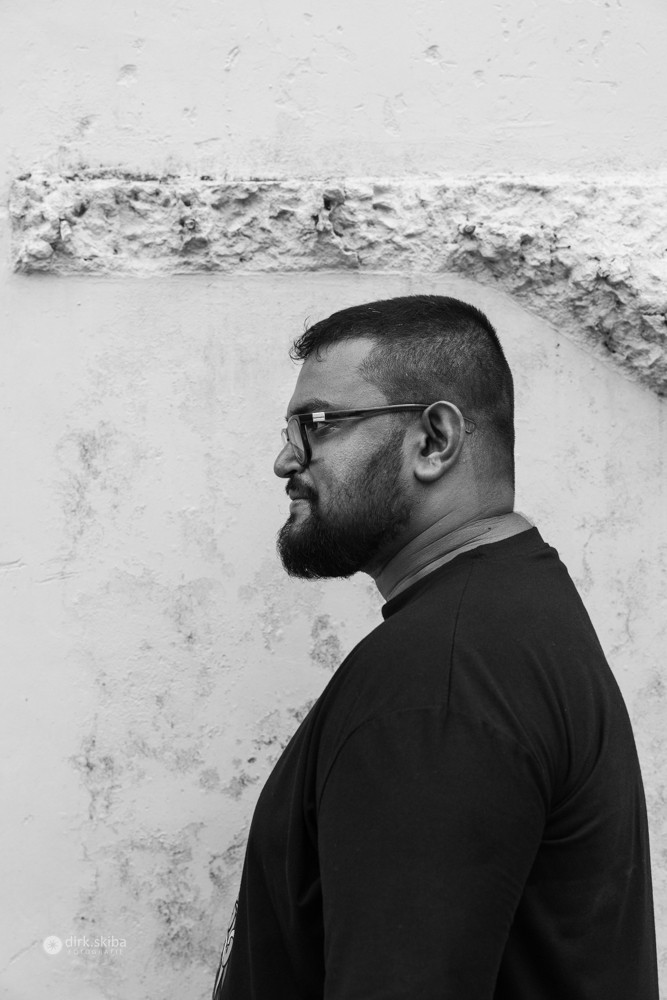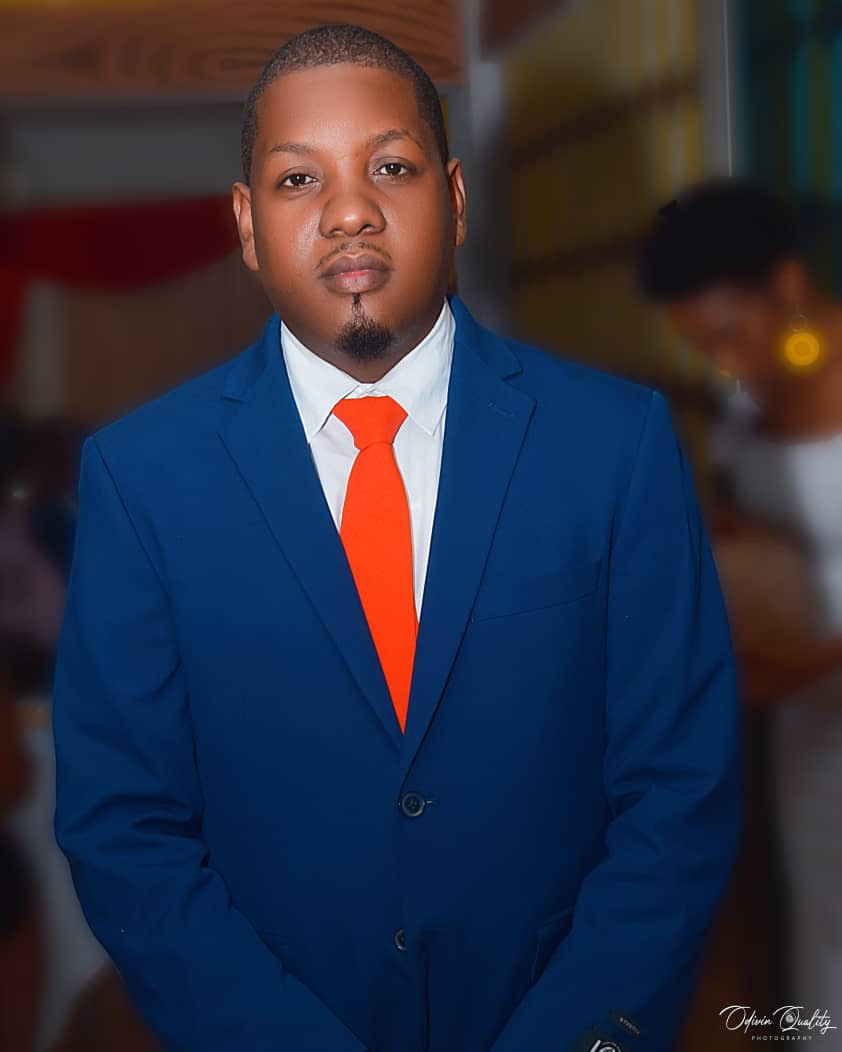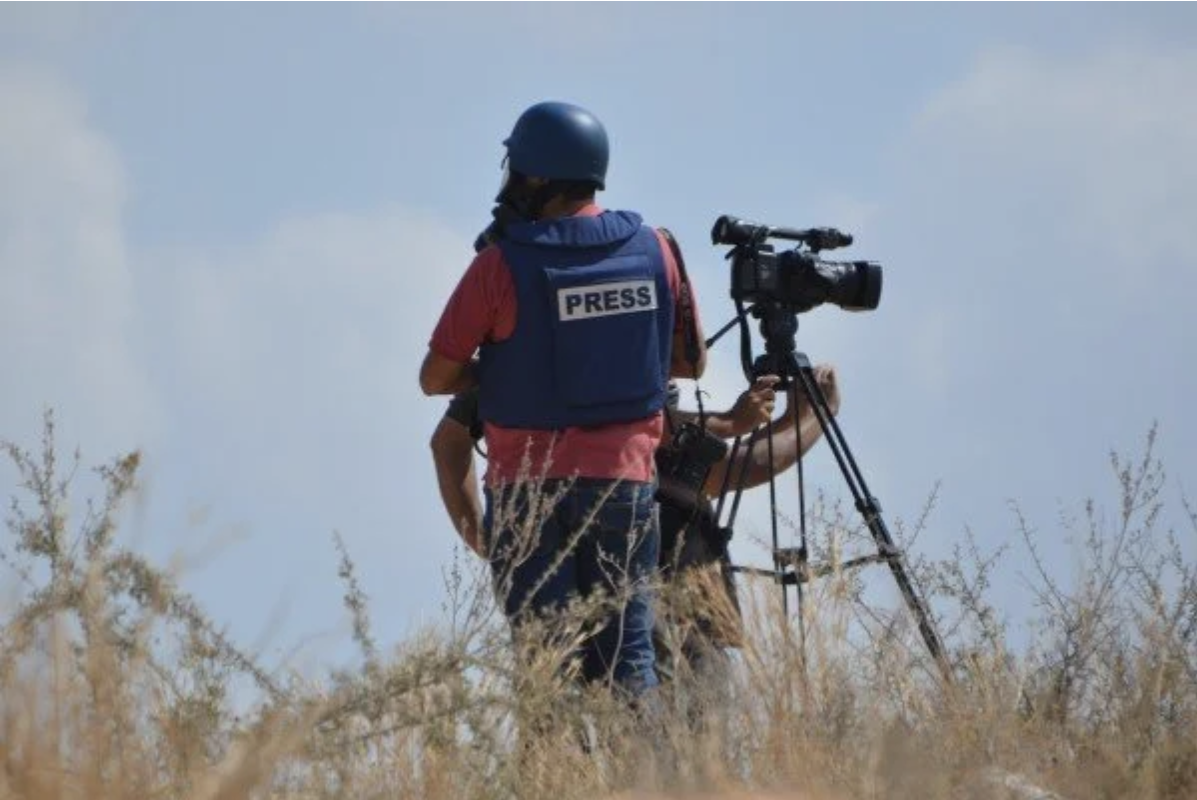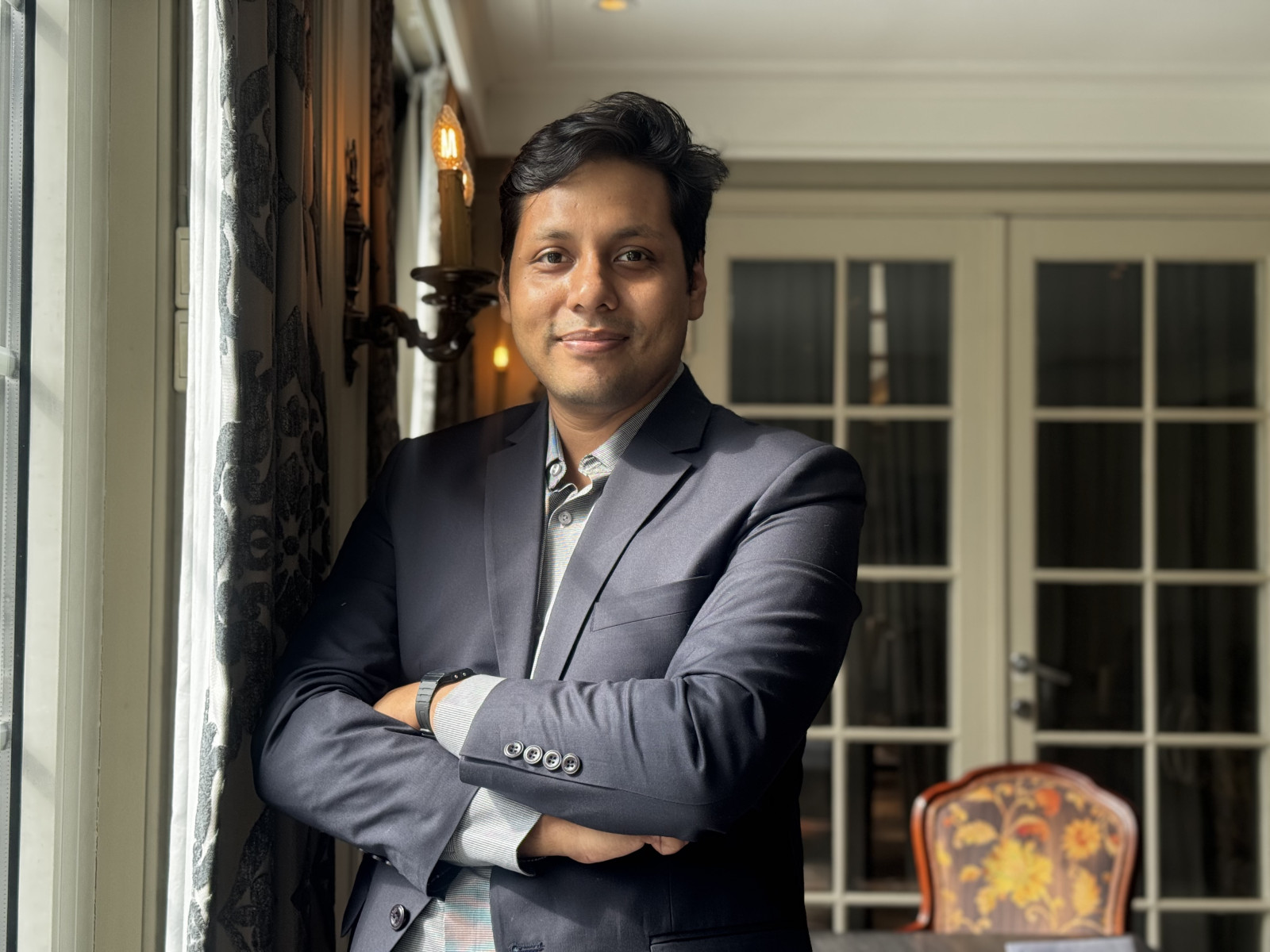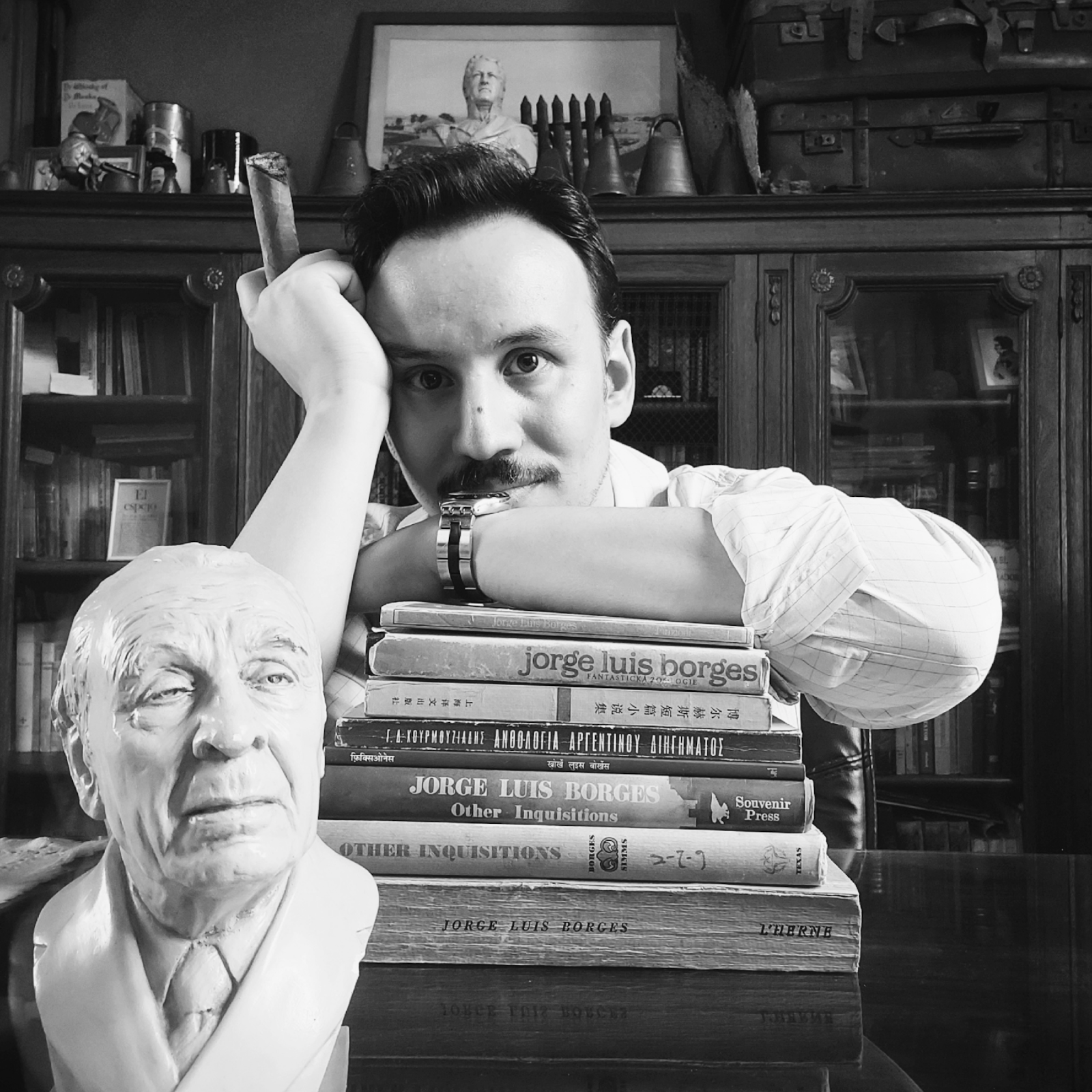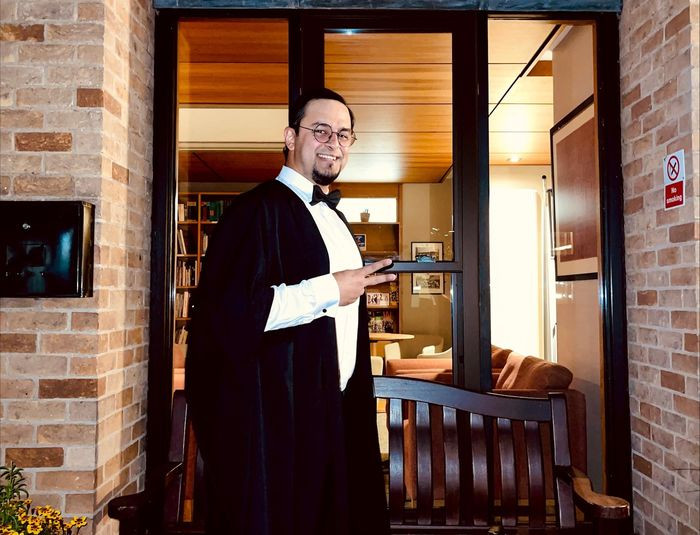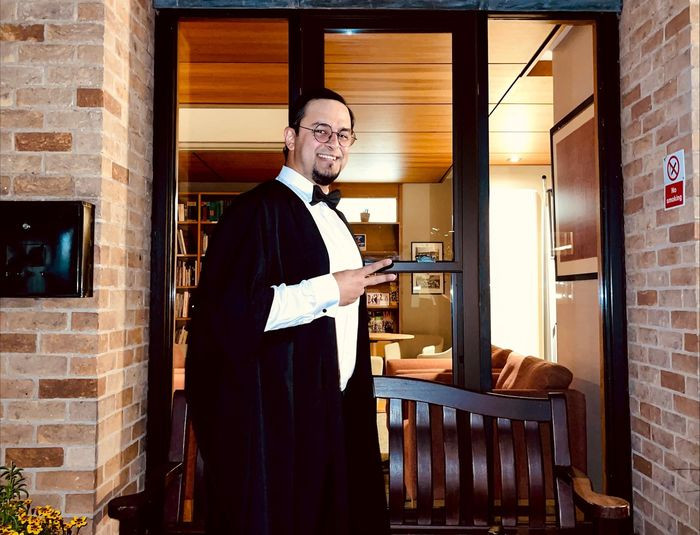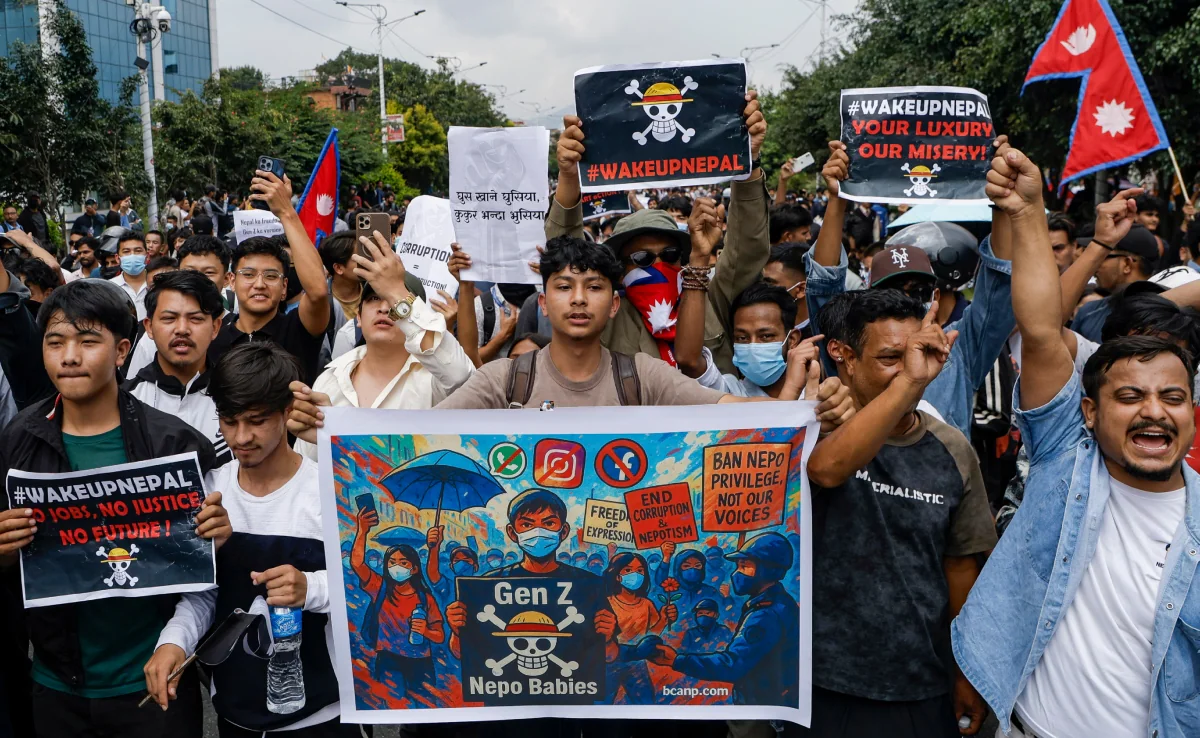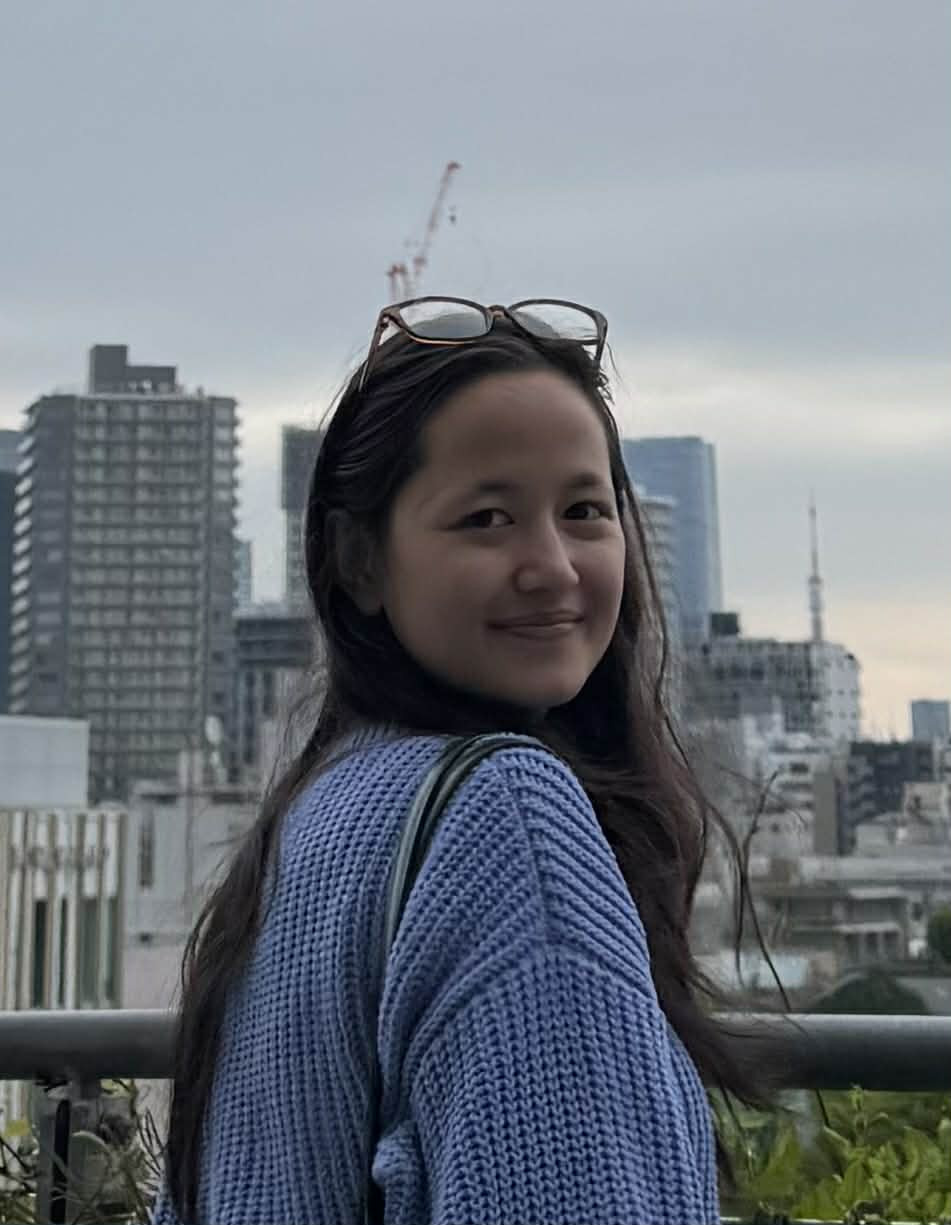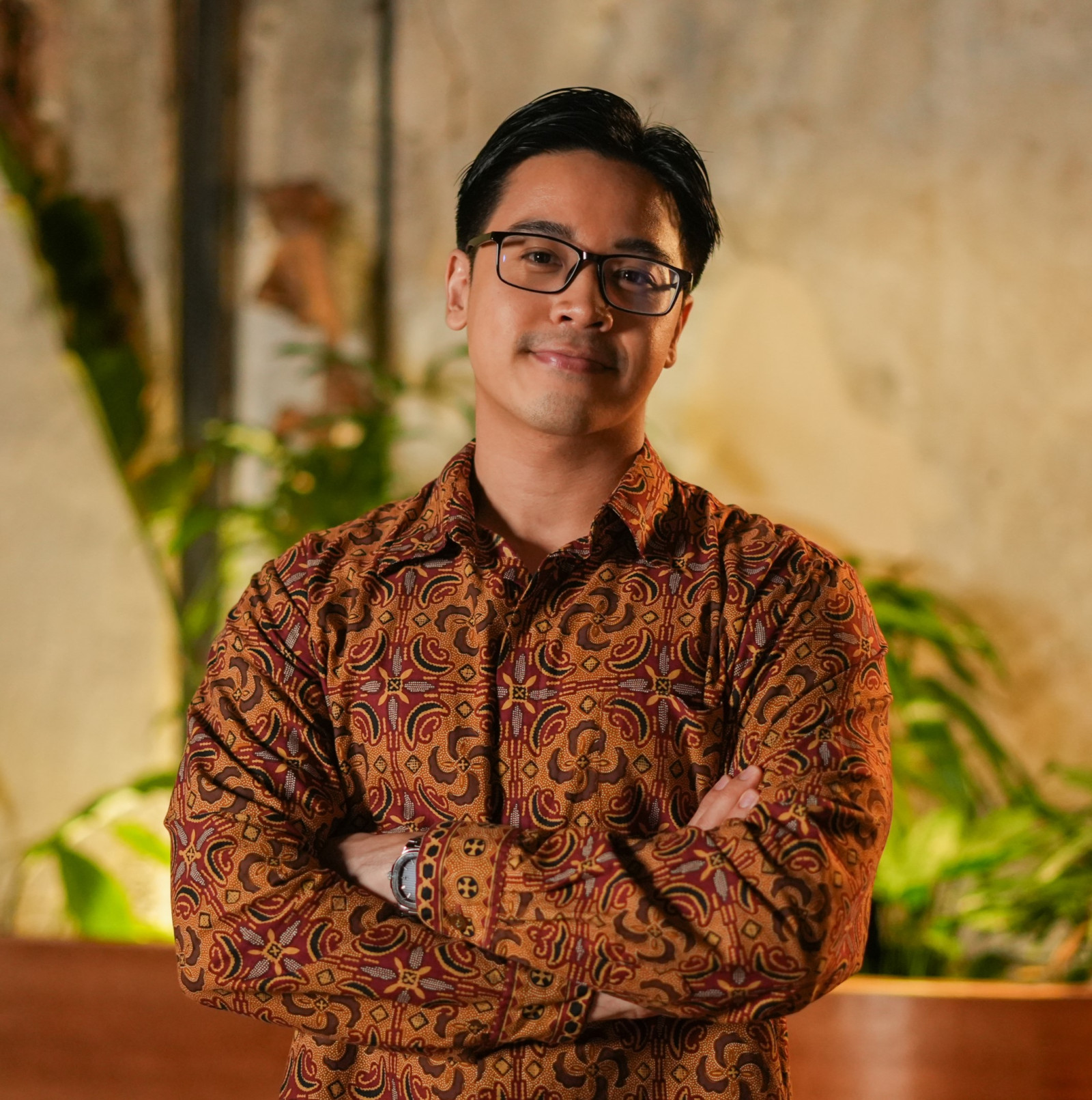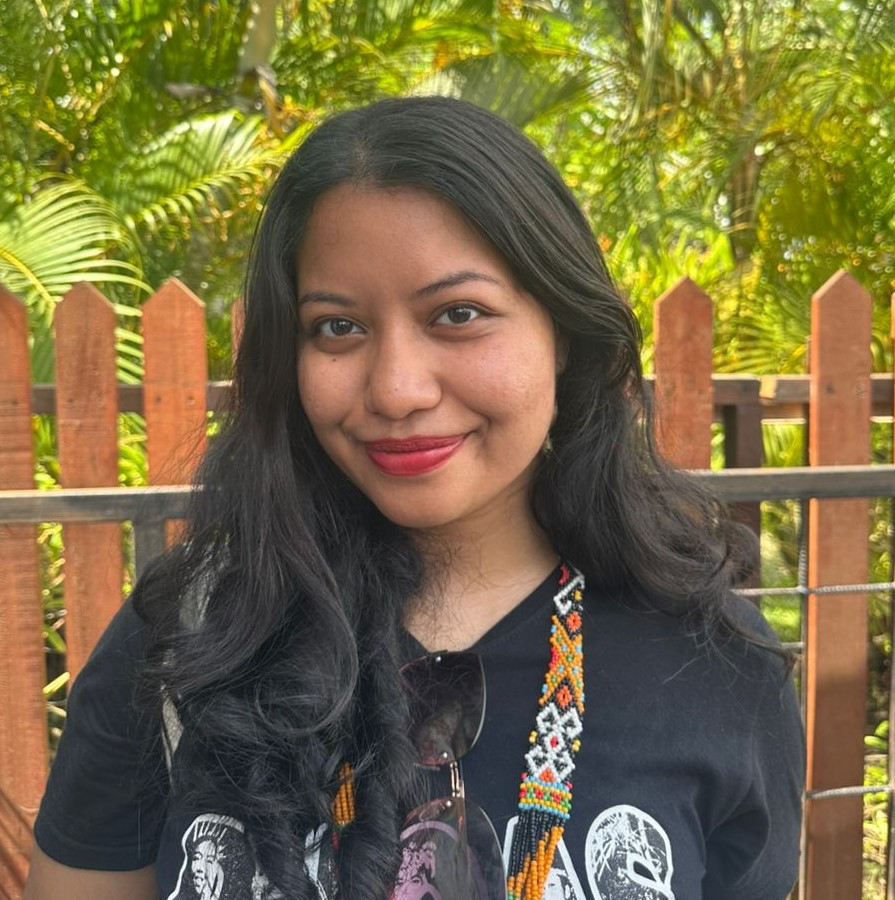Some hold that the duty of a writer is to entertain. Or to bear witness. Or to plumb the moral and philosophical depths of our world. Or to show us cunning insight through the clever placement of words on a page. We must be useful to society in some way or the other; otherwise they cannot justify us existing.
I disagree.
Every writer has three minefields waiting for them. Our duty, is to survive them. Everything else is choice, and it comes later.
Let me explain.
Let’s start with a story from my youth.
The latter years of my childhood were rough. I will skip over a great many details. My mother, bless her, worked for a pittance at a garment factory. My father, a very violent alcoholic, was a man who spent his days vigorously working his way up to a managerial position in hell. By the time I was sixteen we were down to one meal a day on average and we had been thrown out of more houses that I could remember.
Schooling was brutal. The Sri Lankan national school system is a merciless funnel. It splits students into four baskets of subjects: Maths, Science, Commerce, Art. One cannot stray beyond the allotted boundaries. I was good at math, and therefore I fell into that first category.
Our lives were a strict monotony: school by 7.30 AM, done by 1.30 PM, mass classes (Combined Mathematics, 400-800 students a class) starting at 2.30 PM; Chemistry or Physics afterwards; home by 8.30 PM, 8.00 if we had light traffic; repeat on weekends.
Many of us were the only hope for our families. We were not out of childhood yet; and already half our minds were on how we would feed our parents and keep the lights on. Our only hope was doing well enough in the ferociously competitive Advanced Levels to get into state university. Every batch had horror stories of suicides: students who were just below the cutoff mark for university, and, being unable to go home and face their families, took their own lives. Every one of us considered it.
This sounds like a tough ride. Of course, our plight was nowhere near as bad as some; many in Darfur and Gaza, or much closer in Jaffna and Vavuniya, would have loved to be where we were. But Whataboutism aside, it was a depressing existence. My friends and I would gloomily agree that differential equations could go hang; that if circumstances were different we would have thrown our log tables aside and gone over to the Arts section, where they actually got to talk about poetry instead of solving for dx.
In hindsight, we could have. But we never did. We had looked around the world, and, as young as we were, had learned, through a kind of unconscious osmosis, that the arts were a privilege. They were the domain of those who didn’t have to worry about rent. One day, we would tell ourselves, we would learn to write poetry, or paint, or pick up a camera.
But first we had to eat.
I say this not to solicit pity. My tale is not a rare one. The demons are often the same; it is just their coloring that changes.
All of us, regardless of where we are in the world, are united by a handful common problems. One of them is the amount of microplastics in our bodies. The other is how easy the world makes it for us to self-select out. How many of us, in our secret hearts, have made the same choice? One day we’ll write that novel we’ve been dreaming about. One day we’ll publish our poetry. One day we’ll make music.
But first we have to eat.
It often happens at a remarkably young age. It is entirely rational; indeed, it requires some level of willful delusion to look at the outline of food on your table and a roof over your head and to instead chase the mist.
This is the first minefield. It is the beginning of your journey as a writer. Your first task is to cross it.
Endless reams have been written about how it is so much harder in developing countries. Yes, it is exponentially harder without workshops and writing programs and mentors and networks and grants and whatever the hell else exists out there. It doesn’t change the mission: survive. It doesn’t matter how you do it. What matters is that you do it.
I wrote. I kept writing. I did not make it to university; I dropped out of school and went to work in a mall. I sold overpriced keyboards and hauled inventory for ten hours a day, and at night I did gig work for a few rupees a pop. When the occasional friend dropped by as a customer, I would grit my teeth and think, one day. My writing I considered my third job, and I went about it as if it paid my bills just as much as the others. I took everything I had to feel – and buried it into thousands of words a month, a week, a day. I had a kind of roiling, seething anger; it possessed me; it saw me through.
Even then, I was fortunate. My employers and colleagues didn’t mind me reading obsessively in a corner of the store, as long as I snapped to the instant a customer walked in. I met people along the way who, knowing next to nothing about me, were still willing to pay me to write, to create – people who were willing to show me a place I could fit into in their plans, who would let me be as long as I did the work that was expected. Eventually I had friends who supported my delusions and employers who wanted me because of them. Everything is grist for the mill, and there was, eventually, a potent enough mixture.
I know many others who had it much better; people who got into writing programs, bounced around between bookshops and editorial assistant jobs. I know people who had it much worse: people who ended up shoveling concrete for a living. Many of the people I went to school with abandoned their dreams. And it begins with that very rational thought: first we have to eat.
Let me tell you a another story.
Ten years ago I was drinking with a motley crew. Mostly ad industry people; the kind who had grown up being told that they were creative, and had arrived at adulthood flailing desperately to turn creative into rent, and had settled on writing slogans and art to get by. That bar had a steady clientele; there is no greater depression than setting out to write something grander than Tolkien and settle for writing advertisements for toothpaste.
Naturally, we told ourselves, this was just a job. We were doing this so that we could write. Or paint. One person was working on a collection of short stories. Another a series of political essays. In one case, a graphic novel.
Over the years our salaries grew; the evidence was told in the bills we racked up at the bar. Everyone had everything they needed to produce their art; after all, anyone who can spend five hours a week drinking can spend that time writing a page or two. But my surprise the short stories never came; nor did the essays; nor did a single page of that graphic novel. The answers meandered off into a depressing darkness. At first it was yes, I’m going to start as soon as I’m done with this client. Then it became I’m up for an award, or a promotion. Inevitably it became a new client, or a partner, or paying off a vacation, or a lease on a car . . .
I did not understand it at the time, but I was witnessing the Second Death. Neither clients, nor partners, nor cars were to blame there. What was at fault was that creeping subjugation of one set of dreams by the great hamster wheel of life; that great surrender to the relentless onslaught of meetings, emails, to-do-lists, politics, promotions, dinners, social time, catching up on whatever everyone’s binging on Netflix, lunches, brunches, bucket lists, #goals; that slow, sad, suicide.
It seems tragic and obvious, but these choices are many and they wear you down. It usually begins with a paycheck. On the great weighing scale of life is I might get a promotion for this versus that unfinished Word document on your laptop. Even when the problems of a roof over your head and food on the table are solved, the world will come knocking on your door, stealing little time in bits and pieces; a meeting here, an email there, and before you know it the sun has set and risen again.
Eventually your mind, having accepted the surrender of your dreams for other people’s interests, becomes an empty vessel. "The trouble with having an open mind, of course, is that people will insist on coming along and trying to put things in it," said the great Terry Pratchett. And that is what happens: you mind fills with slurry of other people’s dreams, other people’s noise, other people’s ways of being.
It requires a kind of childishness in the face of the Great and Serious Business of being an adult. It requires a kind of jealousy with your own time. This is the second minefield. Your mission, should you choose to accept it, is to survive.
Some people I know survived this stage by learning to ride the tides of life and to watch for the opportune moment. Rather like a fisherman crossed with a Zen monk, I suppose. I went in the other direction. I wrote like hell until it slowly became the work; until it let me turn down people, promotions, jobs, contracts; until, many years later, I was able to look back over my shoulder and realize that I had, indeed, fled that strange and dark miasma.
Again, it doesn’t matter how you do it. What matters is that you do it.
And now, my third and final story.
A month ago I was having lunch with someone. They had done something extraordinary: they had survived the first and the second minefields. In every other aspect of their lives they were sober and a well-adjusted member of society, but in secret they had taken that willful delusion and made of it a sharp pen; and with that point they had written an entire book.
It was, unfortunately, terrible.
I asked, rather cautiously, as to whether they had taken the work to a publisher. They had not, but instead launched into a lengthy diatribe about the industry and how editors would compromise their vision and how this work was deeply personal and that every word was already in the perfect position. “Nobody publishes this kind of work anymore,” they said. “It’s all shallow nonsense these days. Can you put me in touch with your agent?”
I read the text again. There seemed to me to be two possible positions to take. Either the entire world was consuming purely shallow nonsense, in which case the bar was low and a superior work would have stood out like a cow in a courtroom. Or the bar was high and the work just couldn’t clear it.
This was odd situation, because I knew this person to be otherwise quite intelligent; very capable, very conscientious, and all manner of other adjectives. They were also a prodigious reader. And yet the book was terrible. A few more questions led to similar answers. Even oblique queries (“what else have you read of this sort?”) rendered a negative; so centered had they become on this one work – its grand themes, its great message, their magnum opus – that they had entirely neglected to read or understand anyone else’s work. So well had they shut out the world that their intellectual landscape was as self-centered as the finest gyroscope, and it showed. And nothing I could say would ever fix that hideous progeny.
This is the third minefield. In surviving that first and second minefields, it is perfectly possible to become so inward-looking that you never see any of the world beyond yourself. It is possible to attach so much of your own self-definition to this act of writing that you become unable to compare, contrast, and learn. The same self-belief that gets you past every hurdle to date is what lands you in the clutches of this last and most dangerous enemy; and that enemy is yourself. Such a writer might produce one or two interesting turns or phrase, but for the most part is a pair of mirrors facing each other, an infinite sequence of the same imagery.
This is the most dangerous of all. The walls of our castles become our prison.
I know some people who survive this by setting some shining luminary as their North Star. Fantasy writers do this a lot with Tolkien. The professor lounges on the humbling threshold. I know others who never take anything that they do too seriously, and thus move with the grace and lightness of a butterfly. When I meet one of them I think of Aldous Huxley: “It’s dark because you are trying too hard. Lightly child, lightly. Learn to do everything lightly.”
My personal opinion is that to be a writer is to be a hungry beast; you must forever be devouring, your appetite never full; and occasionally you will eat something that forces you to stop and rethink and unlearn and grow.
I don’t know if I’m past this stage yet. As far as I’m concerned, I’ve been writing what I want to write for the last decade. Some of it is decent, some of it is terrible. I lie awake at night sometimes going over paragraphs in my head and cringing. Talk to me on my deathbed, and we’ll see if I’ve produced anything truly good.
Maybe that’s another way of surviving. Again, it doesn’t matter how you survive; only that you do.
If I could reach out to that young me – lost, alone, and angry, I would say, breathe.
Some hold that the duty of a writer is to entertain. Or to bear witness. Or to plumb the moral and philosophical depths of our world. Or to show us cunning insight through the clever placement of words on a page. We must be useful to society in some way or the other; otherwise they cannot justify us existing.
Forget all that. Your duty is to survive. Breathe. There are minefields ahead. Plan your way around them. Go.
If you can do all this, if you can survive, you can enjoy, someday, the absurd experience of fielding a question from someone who believes that writers should have the great and terrible task of guiding all of society and being a fountain of unassailable wisdom, but doesn’t necessarily want to pay for your book. And afterwards she will ask you where she can download a PDF instead.
That minefield I leave up to you.
It doesn’t matter how you survive, only that you do.
